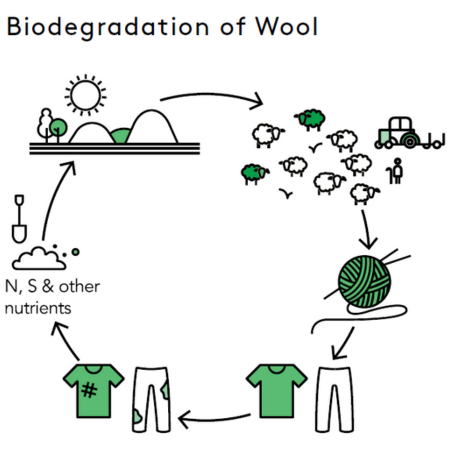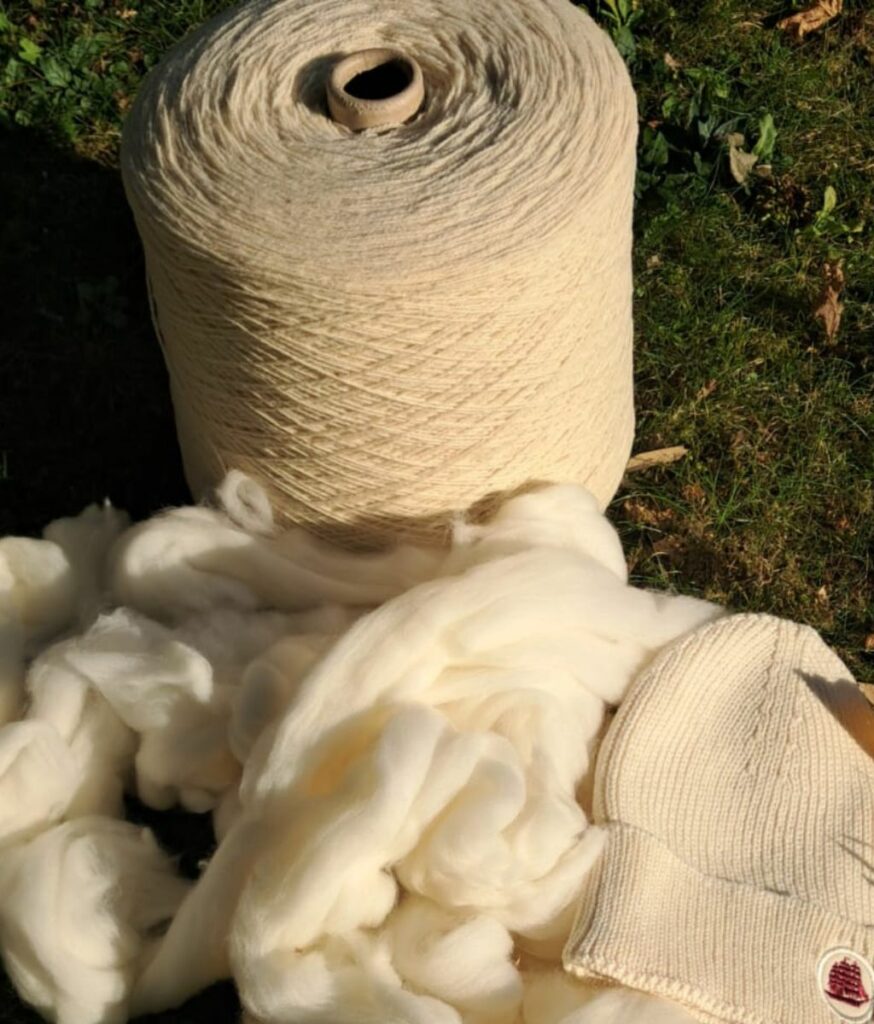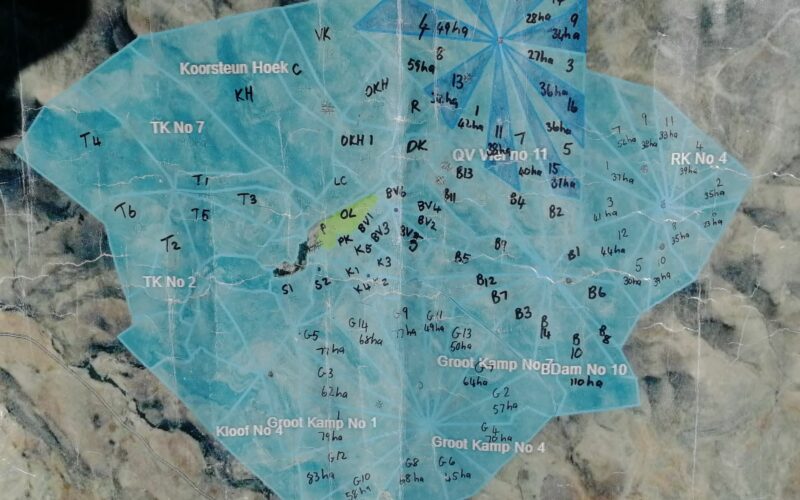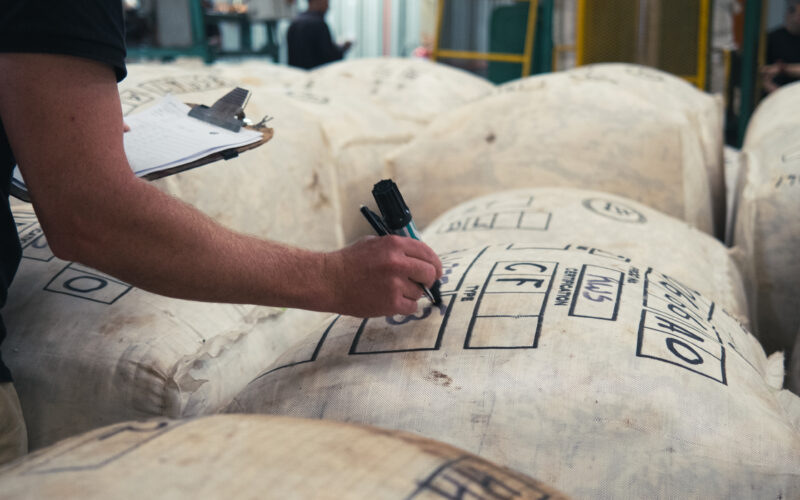Today, with our changing consumer habits and fast fashion, the amount of textiles produced and thrown away has exploded. Biodegradable textiles represent an essential alternative for reducing the environmental impact of the textile industry. Even though the volume of used clothing collected is increasing every year, thanks to efforts to raise awareness of the importance of sorting, less than half of this clothing is actually reused or recycled. The majority is incinerated or landfilled.
Landfill is still all too often the last stage in the life of a garment when it cannot be repaired, reused or recycled. Hence the importance of choosing biodegradable textiles.
What is biodegradable fibre?
A fibre is said to be ‘biodegradable’ when it is capable of breaking down naturally into nutrients, in a favourable environment (conditions of temperature, humidity, light, oxygen, etc.), under the action of micro-organisms present in the soil and without residues that are harmful to the environment, such as microplastics.
For a textile to be truly biodegradable, it must be made exclusively from materials that are themselves biodegradable, i.e. plant or animal materials such as wool, linen, cotton and hemp.
On the other hand, whatever the textile, it is important to avoid petrochemical inputs in the transformation process so that it biodegrades at the end of its life without polluting the soil.

Wool, a biodegradable textile ?
Wool is an animal fibre derived from sheep. Unlike synthetic fibres, wool is made up of keratin, a natural protein similar to that found in our hair, which decomposes naturally under the action of living organisms such as fungi and bacteria. Once broken down by micro-organisms, keratin poses no risk to the environment.
During this decomposition process, wool is transformed, gradually releasing nutrients such as nitrogen and sulphur, which enrich the soil and nourish plants without leaving toxic residues.
At the end of their life, wool products can be composted without contributing to microplastic pollution. Wool is therefore biodegradable.
Synthetic fibres, on the other hand, are not biodegradable and will take tens or even hundreds of years to break down into tiny fragments. These fragments, known as ‘microplastics’, accumulate in aquatic environments and landfill sites, and have a deleterious effect on the environment by polluting the soil.

The importance of the biodegradability of our textiles
The textile sector is the third biggest user of plastic, just after packaging and construction. Our clothes and carpets are therefore largely responsible for this microplastic pollution.
Conventional textiles, particularly those made from polyester and nylon, can take hundreds of years to decompose, contributing to global plastic pollution. By contrast, biodegradable textiles can decompose in a matter of months to years, depending on environmental conditions, significantly reducing the impact on landfill sites and natural ecosystems.
Increasing the proportion of textiles made from natural, renewable and biodegradable fibres such as wool is therefore essential to reducing the textile industry’s environmental footprint and plastic pollution.
Wool fibre, like other natural materials, is a solution to the current challenges facing the textile industry thanks to its natural ability to biodegrade without releasing microplastics at the end of its life, while at the same time releasing nutrients that are essential for the environment.
Whatever the textile fibre, chemical inputs must be controlled and limited during the fibre conversion process, so as not to pollute the soil when the textile biodegrades.
Wool, a naturally circular biodegradable fibre!




